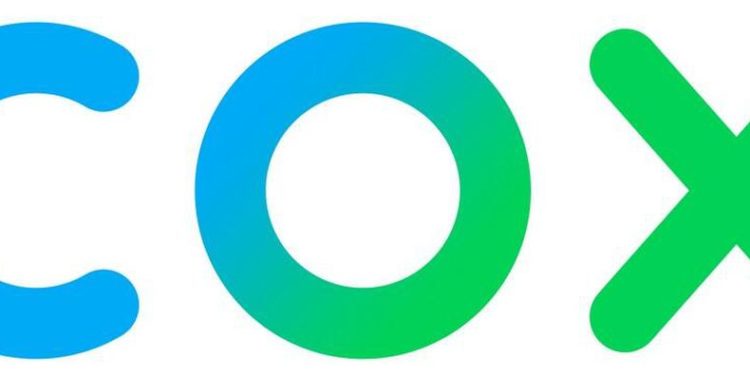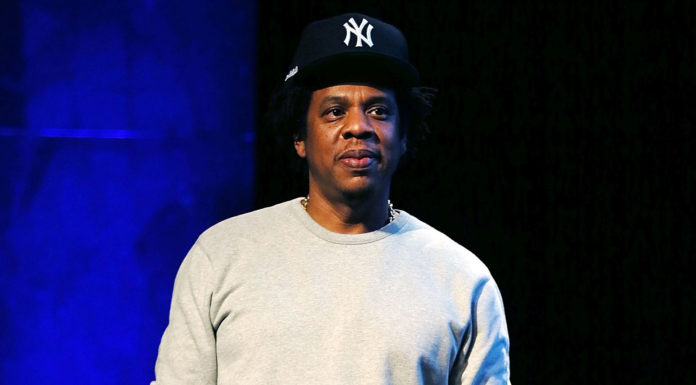The damage award comes after major record labels accused the internet giant of turning a blind eye to piracy on its networks.
Cox Communications has been ordered to pay $1 billion in damages to Sony Music, Universal Music Group, Warner Music Group and EMI after being found liable for the piracy of more than 10,000 songs. The lawsuit, filed in June 2018, accused the cable and internet service provider of deliberately ignoring pirates on its network.
A federal jury in Virginia agreed with the labels on Thursday, finding Cox both contributorily and vicariously liable for infringement, and that the infringement was willful. The labels were awarded nearly $100,000 for each of the 10,017 songs in the complaint.
“The jury’s verdict sends a clear message — Cox and other ISPs that fail to meet their legal obligations to address piracy on their networks will be held accountable,” Kenneth L. Doroshow, chief legal officer of the Recording Industry Association of America, said in a statement.
Cox called the judgment “unjust and excessive” and said it plans to appeal the decision.
“We provide customers with a powerful tool that connects to a world full of content and information,” a spokesman said. “Unfortunately, some customers have chosen to use that connection for wrongful activity.
“We don’t condone it, we educate on it and we do our best to help curb it, but we shouldn’t be held responsible for the bad actions of others,” the spokesman said.
In their lawsuit, the recording labels accused Cox of having “knowingly contributed to, and reaped substantial profits from, massive copyright infringement committed by thousands of its subscribers.” The labels said in their complaint that they sent “hundreds of thousands” of infringement notices to Cox, but that the internet giant “actively limited the number of notices it processed.”
“Rather than working with Plaintiffs to curb this massive infringement, Cox unilaterally imposed an arbitrary cap on the number of infringement notices it would accept from copyright holders, thereby willfully blinding itself to any of its subscribers’ infringements that exceeded its ‘cap,'” according to the complaint.













![Hotstar Premium Cookies 2019 [*100% Working & Daily Updated*] Hotstar Premium Cookies 2019 [*100% Working & Daily Updated*]](https://tahav.com/wp-content/uploads/2019/11/Hotstar-Premium-Cookies-Free-100x70.jpg)



